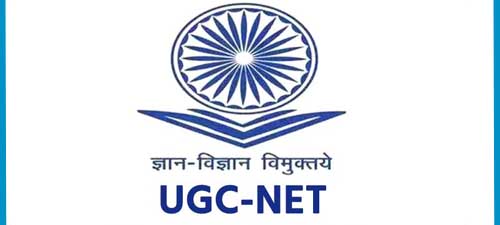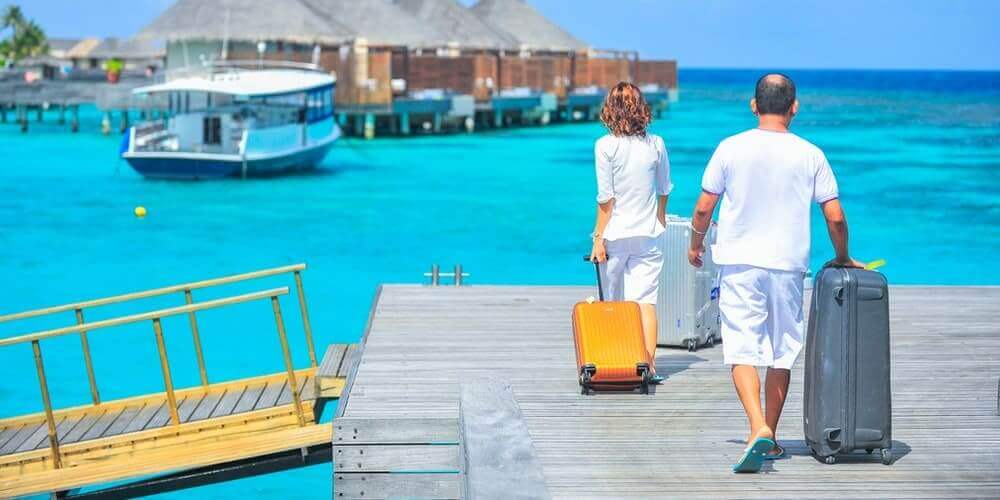HOTEL COMPUTER RESERVATION SYSTEM: An equivalent to airlines computerized system exists the central reservation system for hotels commonly called hotel CRS and extensively used for bookings and holding in hospitality units. Similar to the function in airlines it stores information and also distribution of rooms and facilities. There can be multi modules in a hotel CRS.
The modules consisted of PMS interface, global distribution interface, reporting, administration, inventory control, rate and inventory control, group and blocks, profiles, reservation etc. The Hotel CRS provides a one point window for distribution. It even help the market managers the management of online sales. The mentioning and distribution of rates and availability are easy to shoot across to your markets.
The hotel CRS will be impregnated with multi information on room types, room rates, conditions, inventories, and plan rate architecture, reservation information, graphical information tagged with video, pictures along with contact information and the geographic information.
Reports are one of the challenging tasks for hotel employees. These reports can be made on a different time run like daily, weekly, monthly or yearly and on parameters as and when needed. The parameters can be as vivid as room forecasting, agent activity details, reservations, room inventory, etc.
HISTORY OF HOTEL COMPUTER RESERVATION SYSTEM
It was the fifty’s and hospitality CRS was born out of efforts of chief executive officer of American Airlines and a representative of IBM. They could roll it on by sixty’s. But it took another forty years more that is the ninety’s when hospitality CRSs could be seen everywhere. The millennia changed the perspective like the hotel’s own websites and later online travel agencies – OTA. OTA could connect a bridge between the organizations and the properties.
The channels evolved, and new vistas for the markets were opened. The technology is ever changing and upgrading itself and has evolved to met search sites and app for the end moment bookings. As these are becoming popular the hospitality units have to keep a tab more on these then their own good old websites. There is a shift in the consumers too from the non-techno consumers the market is moving to so called techno-lust consumers.
The distribution channels now favor the third party distributions. This is creating win-win situation for the properties as well as the customers, hotels earn more profits due to their rise in volume and being competitive they have to keep rates checked which is making the customers happy. But this too much dependence on the third party distribution is not too good in the long run and there hotel CRSs have an answer.
There exist a gap between the booking engine and the website of the hotel. The computerized reservation system converses with the booking engine which neglects the websites. Researches have proved that a single traveler before booking a hotel tends to visit on an average thirty eight sites for comparative purposes. The CRS needs to have the booking dates to make a quote whereas website has an advantage there.
This restricts the rechecks that often the customers enter into. As soon as the customer redirects to check a facility or to recheck the dates go away and have to be re-entered. This provides an area of growth for CRS. The businesses in hospitality have to align the computerized reservation system, booking engine and websites as a singular ecommerce unit.
The guiding word is the experience of the user known as user experience. It is not merely the color or content of the website; rather it is the felling of the customer whiles the transactions, queries and functionality is done. CRS connected with the website can be a viable option which can give a better way of researching and booking processes.
Also read Computerized Reservation System (CRS)
This way the website being in sync with the CRS the consumers will have an option of browsing multi rooms without getting in the hassles of date change. Example of WESTHOUSE, New York allows travelers to research room rates with too much redirection and date changes procedures.
The major focus of hospitality units is to convert every visitor into a booker. This can be urged or to be precise the visitor can be motivated to be become a booker. This could be done by creating an atmosphere of urgency by showcasing low inventory or time bound special offer display.
Displays of reviews for the property and the price also enhances the confidence of the visitor and could be used a tool. It could be authenticated by a brand like Conde Naste selected hotel, Discovery 10 must visit badge etc. As the example below shows the Trip Advisor badge:
Ensuring to have the best or lowest price guarantee is also a sure shot success talisman. New updated hotel CRS have a facility of checking prices from multi distribution channels. Easy navigation across the CRS and ease of payments are also a way to ensure success.
FUTURE GROWTH OF HOTEL COMPUTER RESERVATION SYSTEM
Evolution and growth has to be constant to be in the fray in the market. Personalized experience of the guest is a way forward in this direction. Expedia has attempted this in a way by creation of personalized travel graphs, which proves how important each individual customer is.
OTAs and CRS have introduced geography base pricings. Understanding the psychology of the customer is a challenge, which the CRS companies are trying to decipher. In this the browsing history of the customer is important, his/her previous visits and the activities during the visits are the criteria, which tread the path.
MAJOR HOSPITALITY COMPUTERISED RESERVATION SYSTEMS OF THE WORLD
Various Hotel Central Reservation Systems are OPERA, ROOMMASTER, LODGICAL, WEBREZPRO, IDeaS-RMS, Visual One, Maestro, RezNet, Epitome, Champagne, Auto clerk, Springer Miller, Protel and Guest Centric to name a few.
Also read World Major Airports with Official Codes
1. OPERA AS A RESERVATION SYSTEM
Opera is a CRS was made to handle a variety of inventory and reservations. OPERA had multi products in its line like customer information system, property management system, OPERA sales and catering, Opera sales force administration. It could handle a variety of reservation- individual, group and party, company, travel agent, multi legged, multi rate and waitlisted. Few features of Opera make it indispensible.
Opera can handle various currencies and could decipher multiple languages. This helps in conversion of currencies. It could even handle the different formats of the addresses of the different countries. Be it a single property or an array of properties, different rates for different needs could yield in more profits. There were issues of parting with the profits when two different brands were involved this issue was also resolved by the OPERA system.
It automatically keeps the amount which belongs to the property and sent the rest to the property it belongs to. One can create FF- frequent flyer or the loyalty programme too. Opera could easily handle the group blocking, and it could handle different rates for properties, which are a part of a chain, different rates can be displayed for different properties.
Search on Opera could be done on the basis of particular geography, category of hotel, rates, specific attraction etc. Reports and logs maintenance were made very easy with the Opera.
Also read Airport Lounges



